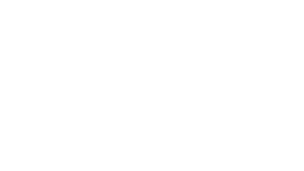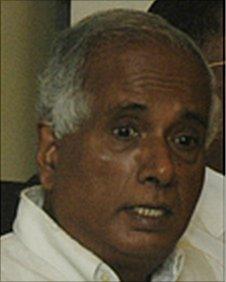Sri Lanka authorities 'were wrong' to bar war reporters
- Published

It is alleged that both the army and the Tamil Tigers committed abuses at the end of the war
A Sri Lankan panel investigating the end of the country's civil war has been told the authorities had been wrong to exclude media from the conflict zone.
The war crimes commission was hearing testimony from one of the country's most senior journalists.
Sunday Island newspaper editor Manik de Silva also said the rebels and military had targeted certain reporters.
In May last year, the army defeated the Tamil Tigers, who were fighting for a separate state in the north and east.
The government often accused reporters of being biased towards the Tamil Tigers or LTTE during the war.
On Monday, the war commission's chairman put it to Mr de Silva that the media had played an "unhelpful" role.
The editor said this perception arose because most reporting had to be based on hearsay as the authorities would not let most journalists go near the war zone, except for a few from state media.
He said that the Tigers had earlier made life difficult for reporters living in places under their control.

Manik de Silva said there was no point in witch-hunts
"If they didn't report it in the way that the LTTE wanted it reported, then they were dead," he said.
"Similarly I think that was also true of the military - that when you were there, if you wrote something that was perceived as unhelpful or hostile to the military, you risked retribution."
Mr de Silva said there was no point conducting witch-hunts over who did what during the war.
Instead, he said, the country should recognise the need for healing and the government should make it clear all citizens were to be treated equally.
In a novel suggestion he proposed that every Sri Lankan should pay a tax to fund measures to normalise the lives of those who had suffered in the conflict, both civilian and military.
Mr de Silva also said he believed that there was no real ethnic enmity between Sinhalese, Tamil and Muslim people.
- Published3 September 2010
- Published17 August 2010
- Published14 August 2010